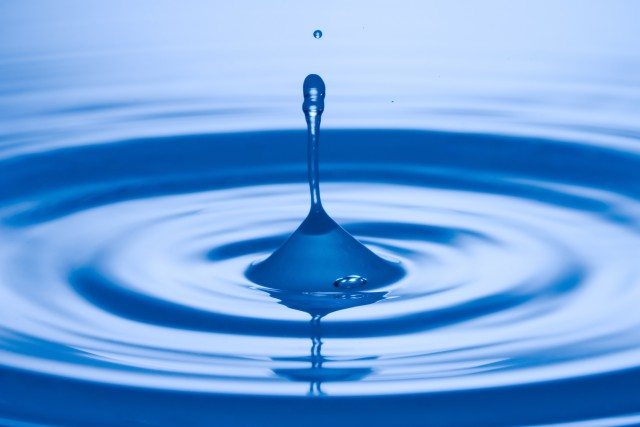Two date palm oases in the United Arab Emirates have joined a growing number of ecosystems that are formally recognized by the Food and Agriculture Organization of the United Nations (FAO) for their importance as repositories of genetic resources, biodiversity and cultural heritage.
The Al Ain and Liwa oases are known as marvels of ancient hydrology and their date groves form the center of date production in the Emirates.
“For many Arab countries, Date palms are much more than simply food — they are an integral part of your history and cultural identity,” FAO Director-General José Graziano da Silva said.
Speaking at the annual Khalifa International Date Palm Award Ceremony in the United Arab Emirates, da Silva designated both oases as Globally Important Agricultural Heritage Systems (GIAHS) and praised the Emirates’ active conservation efforts.
The GIAHS Initiative promotes public understanding, awareness, national and international recognition of Agricultural Heritage systems.
“Advancing towards the future while preserving your roots is not always an easy task, but the Emirates have been able to do that with their sustainable date palm production,” he says.
Throughout the Emirates, date palm is valued for its nutritional benefits, contributions to ecosystems and role in preserving traditional knowledge.
Today, there are 13 countries with recognized GIAHS sites around the world that contribute to sustainable food production as “living, evolving systems resulting from the connection of human communities and their territories,” according to the Director-General.
Dynamic conservation
In recent years, the Emirates have implemented an active and dynamic conservation program to revitalize these oases through measures such as protection against urban encroachment, restoration of ancient irrigation systems (falaj) and re-introduction of traditional agricultural management.
“These efforts preserve knowledge transmitted through generations and ensure that tomorrow, as yesterday, date palms will continue to mean food security for the United Arab Emirates,” Da Silva said.
FAO, which has been supporting date palm research and production worldwide for half a century, is collaborating with the Emirates on two new projects, the Director General said — one relating to pest management, and another to map water use and production.
Cooperating on water management
Water management remains a big challenge for agriculture in water-scarce countries like the Emirates.
Recognizing this challenge, da Silva also signed a partnership agreement with the Emirates-based International Centre for Biosaline Agriculture to strengthen research co-operation between the two organizations to help member countries boost their agricultural productivity and food security by finding solutions to water scarcity in marginal environments.
Keeping Gulf countries informed about agriculture
In order to increase the available information on these and other issues relating to food and agriculture, FAO has also entered into a formal partnership with Emirates News Agency.
Under the agreement, the agency will explore stories on the role of food in human well-being for its audience across the Gulf region in Arabic and English.
Emirates New Agency is the latest to enter into partnership with FAO which is recognizing the critical role of media in the global fight against hunger.
Other partners include Thompson Reuters, EFE, National Geographic, the Guardian, RAI and the Federation of Agricultural Journalists.










